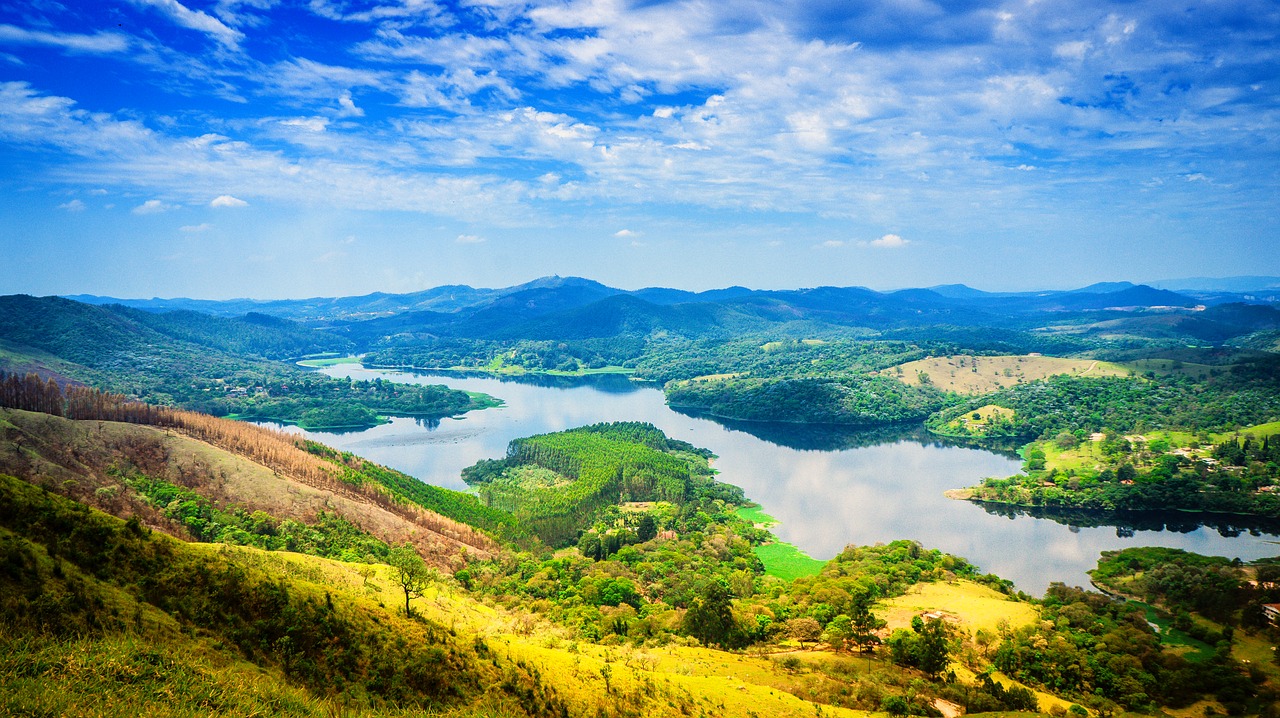The Definition of Animal Extinction

The animal species’ extinction happens when the individual member of the species dies. Though a species could be “extinct in the wild,” the species isn’t thought to be extinct until each person –regardless of place, captivity, or capacity to strain –has expired.
Natural vs. Human-Caused Extinction
Many species became extinct. Predators became plentiful and powerful in different scenarios, hospitable territory uninhabitable was created by intense climate change.
Many species like the passenger pigeon, became extinct as a result of man-made reduction of over-hunting and also habitat. Problems are currently producing severe challenges.
Mass Extinctions at Ancient Times
Endangered Species International quotes that 99.9 percent of those creatures that ever existed in the world became extinct because of catastrophic events that happened while the Earth has been growing. When such occasions cause animals to perish, it is referred to as a mass extinction. Earth has undergone five mass extinctions due to events that were cataclysmic:
- The Ordovician Volume Extinction happened about 440 million Years Back through the Paleozoic Era and was probably caused by continental drift and also a subsequent two-phase climate shift. The very first portion of climate change was an ice age that species to adapt to the temperatures. When the snow melted, flood the seas the cataclysmic event happened. It is estimated that 85 percent of species expired.
- The Devonian Volume Extinction that happened about 375 million decades ago was attributed to many prospective factors: diminished oxygen levels within the waters, the rapid heating of air pollutants, and potentially volcanic eruptions or airstrikes. Causes or No matter the cause, almost 80 percent of species– both aquatic and terrestrial –have been filtered out.
- The Permian Mass Extinction, known as “The Great Dying,” happened about 250 million decades back and caused the extinction of 96 percent of species around Earth. Potential causes are attributed to climate change, asteroid strikes, volcanic eruptions as well as the following rapid evolution of microbial life which thrived in methane/basalt-rich surroundings caused by the discharge of gases as well as other components to the air as a consequence of these volcanic pursuits or asteroid impacts.
- The Triassic-Jurassic Volume Extinction happened about 200 million Decades ago. It was the culmination of a collection of extinction events that happened over the span of the Period of the 18 million years. Causes mentioned are action together with pH and sea levels, and its basalt flood, global climate change in the waters.
The K-T Volume Extinction happened about 65 million decades back and caused the extinction of roughly 75 percent of all species. This extinction was attributed to intense meteor action leading to a phenomenon called “impact winter” that radically changed the climate of the planet.
The Man-made Mass Extinction Crisis
“What’s there to live when a person can’t listen to the cry of a whippoorwill or the arguments of the frogs around a pond at night?” –Chief Seattle, 1854
While mass extinctions happened before recorded history, a few scientists feel that there is now a mass extinction taking place. Biologists who think Earth is currently experiencing a mass extinction of flora and fauna are currently now raising the alert.
Extinctions are happening at an alarming speed while there haven’t been any mass extinctions previously half-billion decades that human actions have an effect on this Earth. It isn’t in the quantities being experienced whenever some extinction happens in character.
The speed of extinction because of natural causes is to five species. With activities like the burning of fossil fuels and the destruction of habitats we’re currently decreasing animal, plant, and insect species.
Statistics in the UN Environment Programme (UNEP) quote between 150 and 200 plant, insect, bird, and mammal species go extinct daily. Alarmingly, this speed is virtually 1,000 times greater compared to the “organic” or “history” speed, and in accordance with biologists, more significantly compared to anything else Earth has seen because dinosaurs disappeared almost 65 million years back.

